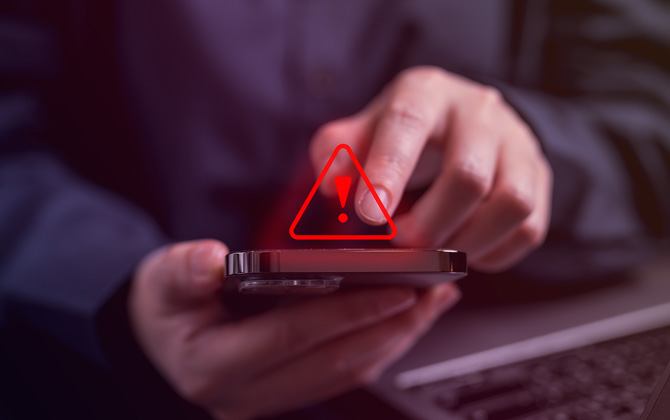In a significant step toward improving accessibility, Sweden will launch a new emergency communication system allowing residents to send real-time text messages to SOS Alarm’s 112 emergency line starting in March 2026. The initiative aims to make emergency services more inclusive, particularly for individuals with speech or hearing impairments.
The new feature, known as real-time texting, will enable users to send live text messages to emergency operators while simultaneously transmitting ambient audio from the caller’s surroundings. This dual input will assist responders in assessing the urgency and nature of the emergency more accurately.
“Sound is actually a very important part for our SOS operators to be able to make an assessment,” said Björn Skoglund, operations specialist at SOS Alarm, in an interview with the Sweden Herald. “You can, for example, hear if it is restless on the spot, what the breathing of the one who calls sounds like, if he has chest pain.”
Although the service will be open to all users, it is primarily intended to support those with disabilities. It could also prove critical in situations where speaking is unsafe or impossible, such as during violent incidents—like the recent mass shooting at Risbergska School in Örebro.
Previously, Sweden had a limited SMS emergency service used mainly by people with speech or hearing challenges. This system processed about 880 messages annually. However, SOS Alarm estimates that opening the service to the general population could increase text-based emergency messages to over 70,000 per year.
That potential surge has raised concerns about capacity and misuse. “It’s very difficult to know” how the system will handle the increase, Skoglund noted. Already, SOS Alarm receives unintended messages from people who mistakenly try to text 112, including burglar alerts and even personal messages like “Hello sweetie, what’s for dinner?”
Despite the expansion, authorities are urging the public to continue using voice calls whenever possible. Audio remains a vital tool in determining the severity of emergencies. “There are advantages to being able to text. But you need to do it in an organised way,” said Skoglund.
Authorities emphasize that the new system must be used responsibly to prevent it from becoming overwhelmed, ensuring those in genuine crisis still receive timely assistance.








